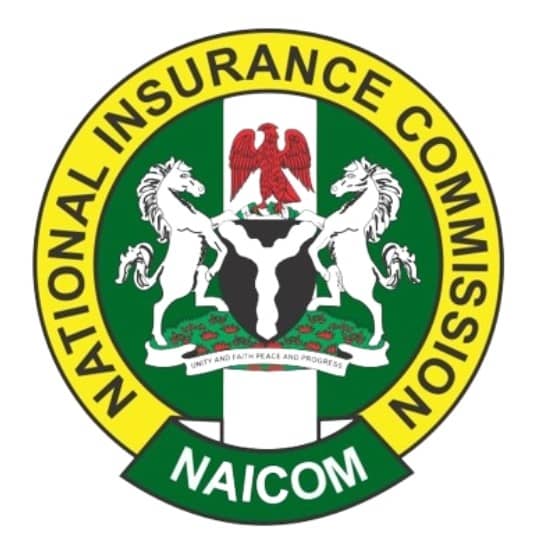NAICOM to blacklist failed insurance managers

NAICOM
NAICOM to blacklist failed insurance managers
Nike Popoola
The National Insurance Commission (NAICOM) has announced a strict new policy aimed at holding managers of failed insurance companies accountable. According to Commissioner for Insurance, Segun Omosehin, these individuals will no longer be allowed to walk away unscathed but will be blacklisted from taking any positions within the industry.
During an interactive session with journalists in Lagos, Omosehin declared that managers who run down insurance companies will be required to stay and work to revive them, marking the end of an era where they could exit without consequence.
He emphasized that while NAICOM has always followed statutory processes for handling ailing companies, the focus is now on ensuring their survival rather than shutting them down.
Reflecting on his first three months in office, Omosehin outlined NAICOM’s strategic blueprint for the future, developed through extensive consultations with key stakeholders, including the Nigerian Insurers Association (NIA), the Institute of Loss Adjusters of Nigeria (ILAN), the Nigerian Council of Registered Insurance Brokers (NCRIB), and other industry bodies.
The blueprint prioritizes five key areas are:
Rebuilding Public Confidence: Restoring trust in the insurance sector by prioritizing consumer issues and safeguarding policyholders’ interests.
Strengthening Regulatory Capacity: Enhancing NAICOM’s internal capacity and legal framework to regulate the industry more effectively.
Ensuring Financial Soundness: Requiring operators to meet minimum capital requirements and other operational standards to ensure sector stability.
Fostering Innovation: Establishing a new directorate within NAICOM to drive innovation and industry growth.
Improving Accessibility and Penetration: Expanding insurance coverage across Nigeria by enforcing compulsory insurance policies and making benefits more widely accessible.
Omosehin acknowledged the industry’s challenges, particularly the declining public confidence due to some companies failing to meet their obligations. He expressed hope that NAICOM’s new approach would reduce the number of companies falling into this category and lead the industry toward a more stable and innovative future.




